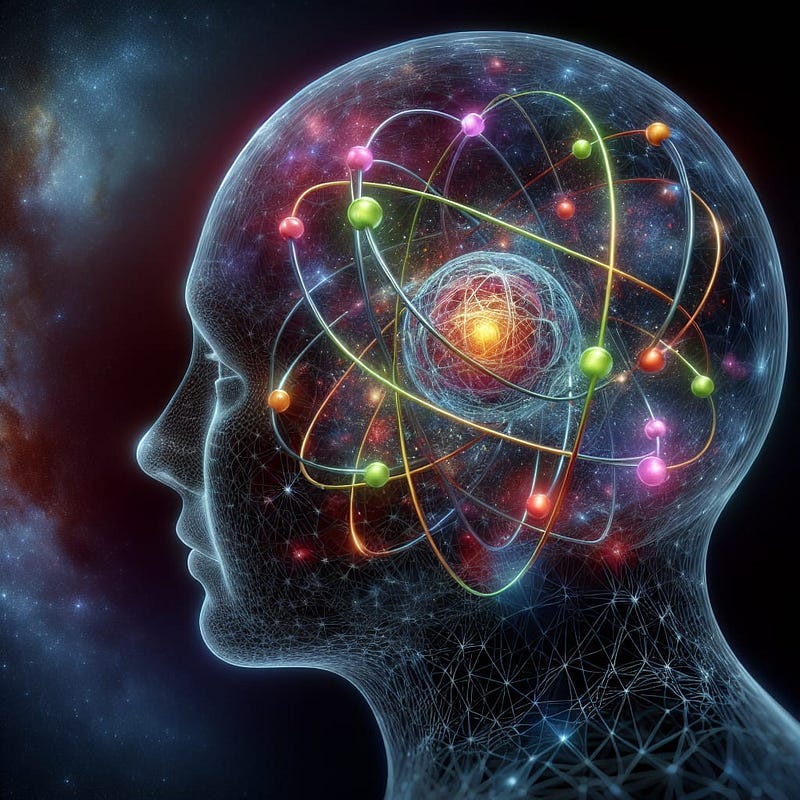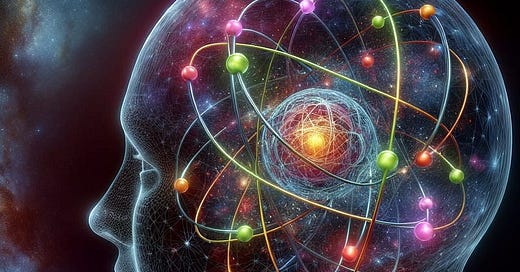Results of recent research

Here are some findings from recent research into the role of Vitamin B12 and its benefits post stroke, translated into plain language.
What is a stroke?
Ischemic stroke is a serious medical condition that is the second leading cause of death and disability worldwide, and occurs when a blood vessel supplying blood to the brain gets blocked, usually by a clot. This blockage prevents oxygen and nutrients from reaching part of the brain, causing brain cells to die. Ischemic strokes can lead to paralysis, speech difficulties, memory problems, and other neurological issues.
The Role of Microglia
Microglia are a type of immune cell found in the brain and spinal cord, where their job is to protect the central nervous system. However, after an ischemic stroke, microglia can become overactive and cause inflammation, which can further damage brain cells. This is known as neuroinflammation.
Vitamin B12 and Microglia
In this study, researchers found that vitamin B12 (VB12) plays an important role in regulating microglia cells in the brain. Specifically, VB12:
Helps activate microglia in their normal, protective state
Programs the metabolic functions of microglia during normal conditions and after a stroke
Restricts gene changes in microglia that occur after a stroke
Impacts different subsets of microglia differently after a stroke, reducing brain injury
Benefits of Vitamin B12
By modulating how microglia respond, VB12 was able to:
Reduce neuroinflammation caused by the ischemic stroke
Minimize brain damage from the stroke
Improve long-term neurological recovery and function in the mice after the stroke
When microglia were depleted before the stroke, the beneficial effects of VB12 were lost.
This preclinical study in mice highlights the importance of vitamin B12 in programming microglia to protect the brain. By regulating these immune cells, VB12 could help alleviate the damaging neuroinflammation after an ischemic stroke, reduce brain injury, and promote better recovery of neurological function.
More research is still needed, but these findings suggest a potential role for vitamin B12 in stroke treatment.
References:




